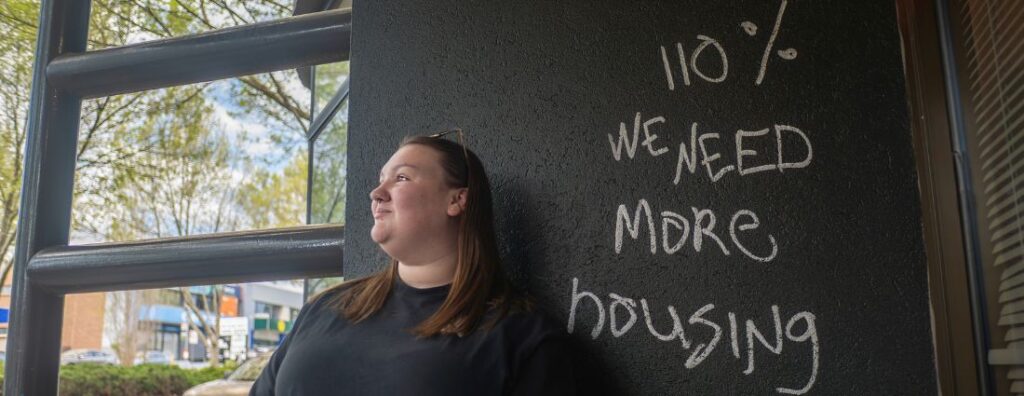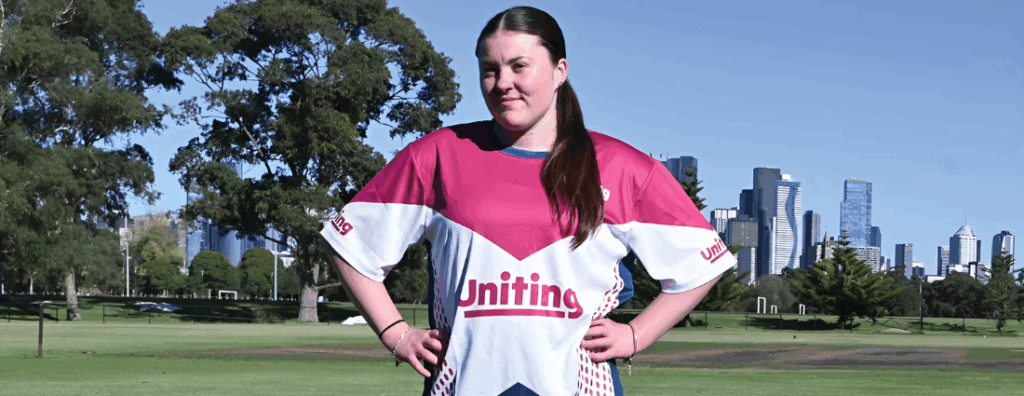Every dollar you give can make a difference. Not just to the lives of people in need, but to your tax bill, too. In Australia, certain donations to registered charities are tax-deductible, which means you could reduce your taxable income simply by giving generously.
But how does it all work? And how can you be sure your generosity is actually working in your favour when tax time rolls around?
What is a tax-deductible donation?
When it comes to giving generously and making an impact, it’s natural to wonder: are donations tax-deductible? The good news is, many are. In Australia, a tax-deductible donation is essentially a gift of money or certain property to an organisation with Deductible Gift Recipient (DGR) status, provided it meets a few specific criteria set by the Australian Taxation Office (ATO):
- It must be $2 or more. This is the minimum amount the ATO recognises as claimable.
- It must be a genuine gift, meaning you don’t receive a material benefit in return. For example, buying a raffle ticket, paying for a fundraising dinner, or bidding on an auction item wouldn’t count as tax-deductible because you’re getting something in exchange.
- It must be given to a registered DGR, like Uniting Vic.Tas, which means the organisation is officially approved under Australian tax law to receive tax-deductible donations.
Only donations that meet all three of these criteria can be claimed as deductions on your tax return. That’s why it’s so important to double-check the charity’s DGR status before you donate. You can search the ATO’s DGR register, or you can confidently give to trusted, registered charities like Uniting Vic.Tas, knowing your generosity counts both for the community and at tax time. Please consult with your tax advisor or the ATO if you have any questions.
Who can you donate to for a tax deduction?
You can’t just hand your neighbour a $50 note and expect the ATO to reward you for your generosity. To claim a deduction, your donation must go to an organisation listed on the ATO’s DGR register—a database of approved charities and organisations eligible to receive tax-deductible donations.
Uniting Vic.Tas is proudly one of these registered charities, fully compliant with all ATO requirements. So when you donate to us, you can rest assured that your gift not only changes lives but also counts at tax time.
If you ever want to double-check another charity, the ATO provides a searchable DGR register.
How do I claim tax deductions for donations?
When it comes time to lodge your tax return, you can claim your eligible donations as a deduction under the “Gifts or Donations” section. This reduces your taxable income, meaning you may end up paying less tax or even getting a larger refund. Just make sure to:
- Keep a record of your donations.
- Include the total amount of eligible donations in your tax return.
- Consult a tax professional or the ATO website if you’re unsure of the process or need help claiming.
How much can I claim on tax for donations?
If you’re wondering, “How much in donations can I claim on tax?” Here’s the good news: there’s no maximum cap on the amount of tax-deductible donations you can claim as an individual. Your deductions can reduce your taxable income down to zero, though they can’t generate a tax refund beyond that point.
If your donation is particularly large and you can’t use the entire deduction in one financial year, you can carry forward the remaining amount to future years.
So whether it’s $50, $500, or $50,000, your generosity is recognised.
Do I need a receipt to claim a tax deduction?
Absolutely. Without a valid receipt, you risk missing out on your deduction. Fortunately, Uniting Vic.Tas automatically issues an official receipt for every donation.
Your receipt should include:
- The name of the charity
- The amount donated
- The date of the donation
- A statement that the charity is a registered DGR and the gift is tax-deductible
For very small donations (typically under $10), the ATO may accept a bank statement or credit card statement as proof, but it’s always better to have the official receipt. If you misplace it, just reach out to us. We’ll happily reissue one.
Strategic giving tips to maximise your tax benefit
Want to get the most from your donation, for yourself and the cause? Try these strategic giving tips:
- Make your donation before 30 June to claim it in that financial year.
- Setting up an ongoing monthly donation helps you (and the charity) budget better, while still being fully deductible.
- Donate to causes close to your heart. When you care about the mission, it’s easier to give generously and consistently.
- File all your receipts together so you’re ready to lodge without fuss.
Common mistakes to avoid when claiming donation deductions
Even well-meaning donors sometimes slip up. Here are some common mistakes and how to avoid them:
- Donating to a non-DGR: Always check the organisation’s status first.
- Claiming donations where you received a benefit: Payments for raffle tickets, dinners, or merchandise generally don’t count.
- Forgetting receipts: No proof, no deduction.
- Misunderstanding what counts as a gift: Volunteering your time or donating goods usually isn’t deductible.
Why donate to Uniting Vic. Tas?
When you donate to Uniting Vic.Tas, you’re not just ticking a tax box, you’re transforming lives.
We are a registered DGR with decades of experience delivering critical services across Victoria and Tasmania. Your donation supports programs tackling homelessness, mental health challenges, family violence, youth disadvantage, and more.
We also pride ourselves on transparency and accountability, regularly publishing impact reports so you can see the real difference your generosity makes.
Ready to make a tax-deductible donation?
If you’ve been wondering, “Are charity donations tax-deductible?” The answer is yes, and there’s no better time than now to make a meaningful contribution. Your generosity helps support some of the most vulnerable members of our community, and it could also reduce your taxable income at the end of the financial year.
Donate securely today and receive an instant receipt for your records.
Frequently asked questions
Below, we answer some of the most common questions about tax-deductible donations, so you can give and claim with confidence.
What happens if I donated to a charity that isn’t a DGR?
Unfortunately, donations to non-DGR organisations aren’t tax-deductible. Always check the ATO’s DGR register or confirm with the charity before giving.
Can I claim a donation if I gave under someone else’s name?
No. The tax deduction can only be claimed by the person whose name appears on the official receipt.
What happens if I donate anonymously?
If you give anonymously and don’t receive a receipt in your name, you won’t be able to claim the deduction. If you’d like to remain discreet but still claim, ask the charity if they can issue a receipt with your details while keeping your name confidential elsewhere.
What if I can’t find my donation receipt?
If you’ve misplaced your receipt, simply contact the charity and they can reissue it. For very small donations under $10, the ATO may accept a bank statement instead, but it’s best to have the official documentation.
Can I claim a deduction for a donated item (e.g. food or clothing)?
Generally, no. Non-monetary donations such as goods or volunteer time usually aren’t deductible unless they’re part of an ATO-approved structured fundraising arrangement.
How does Uniting Vic.Tas use my donation?
Your donation goes directly to vital community programs, from emergency housing to mental health support and family services. We prioritise transparency and accountability, so you can feel confident your gift is used where it’s needed most. You can learn more in our impact reports.
* This tax information is general and not personalised advice. Please consult with your tax advisor or the ATO if you have any questions.






